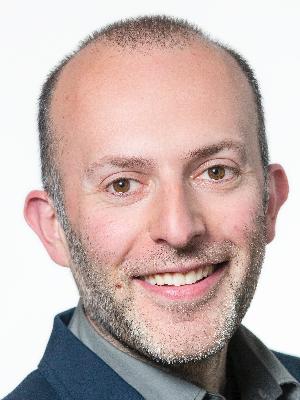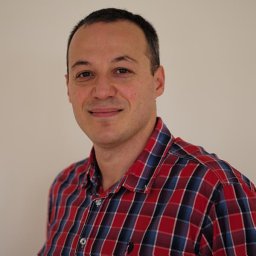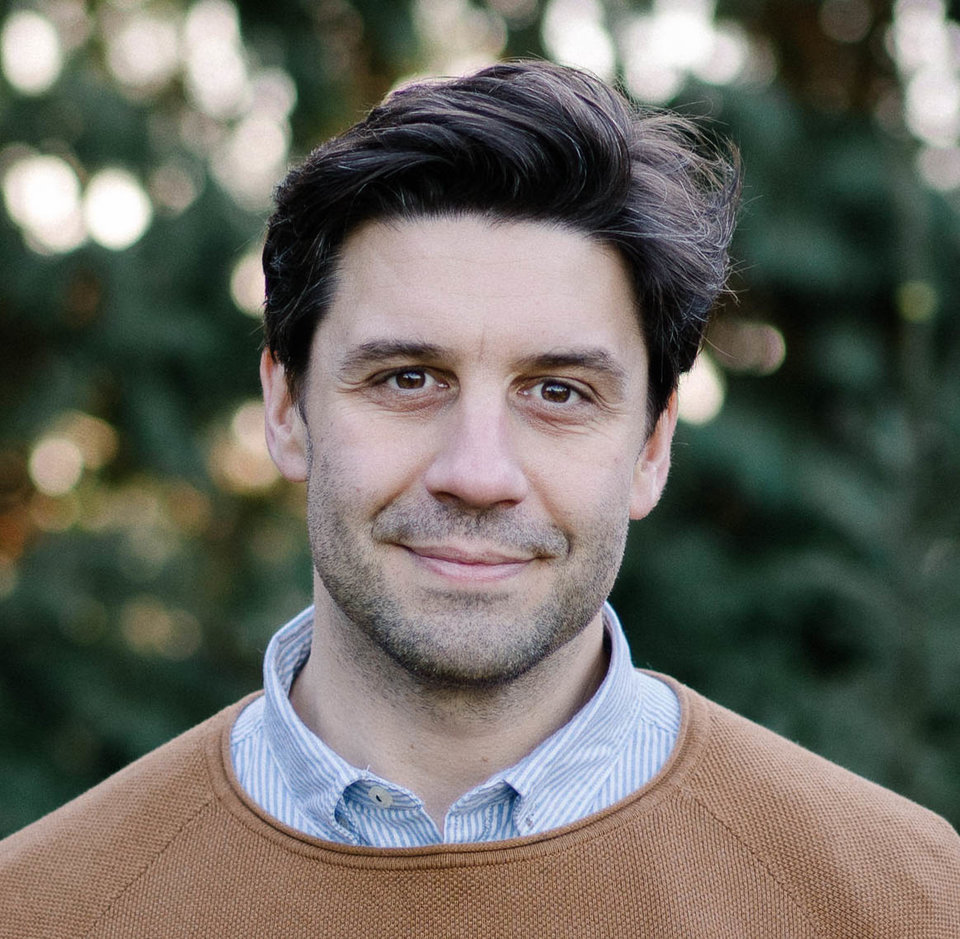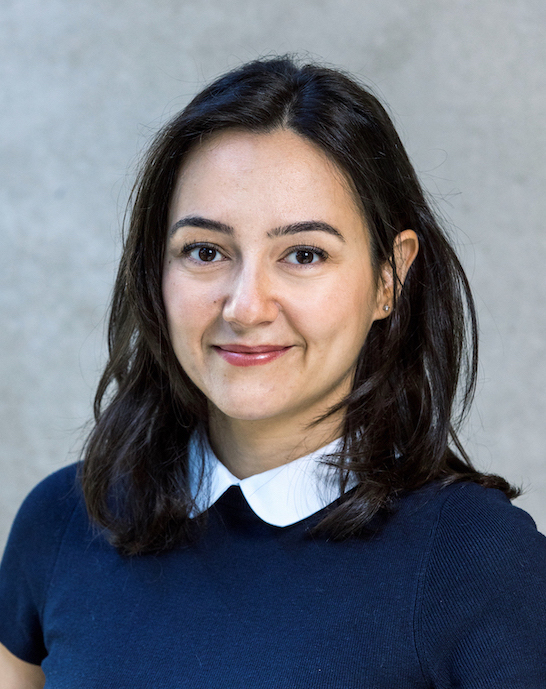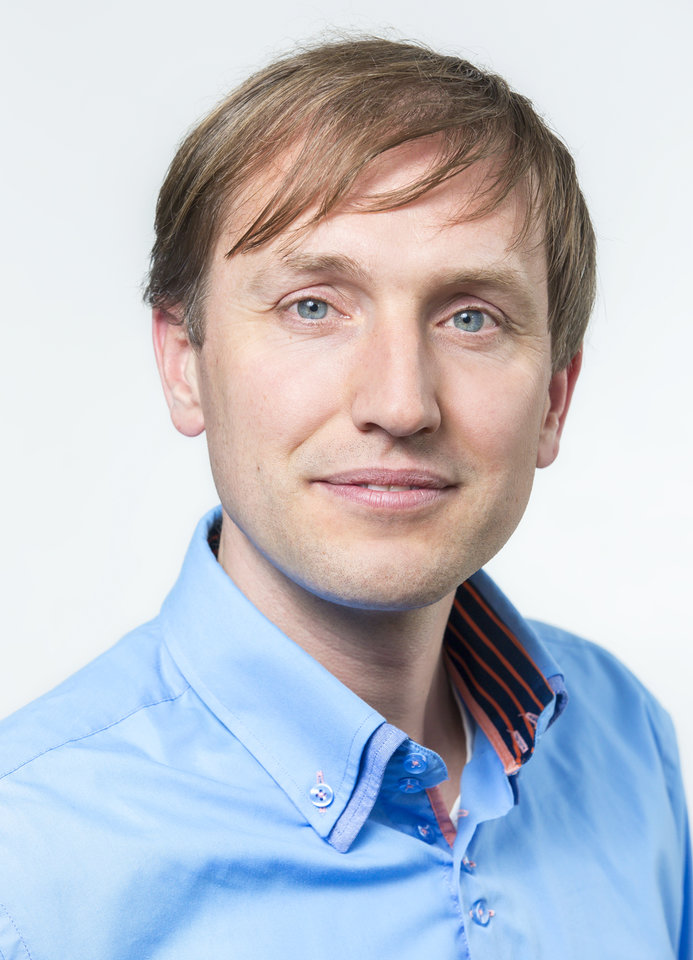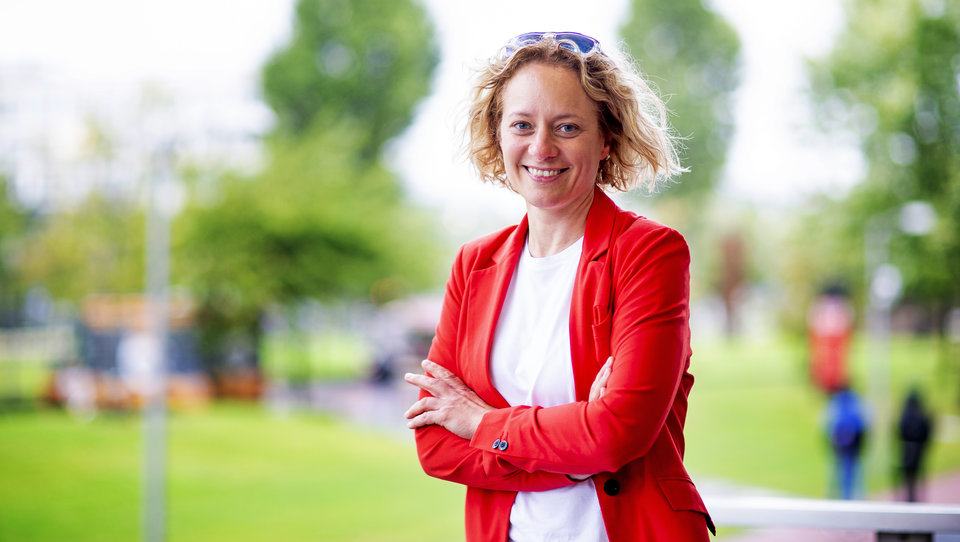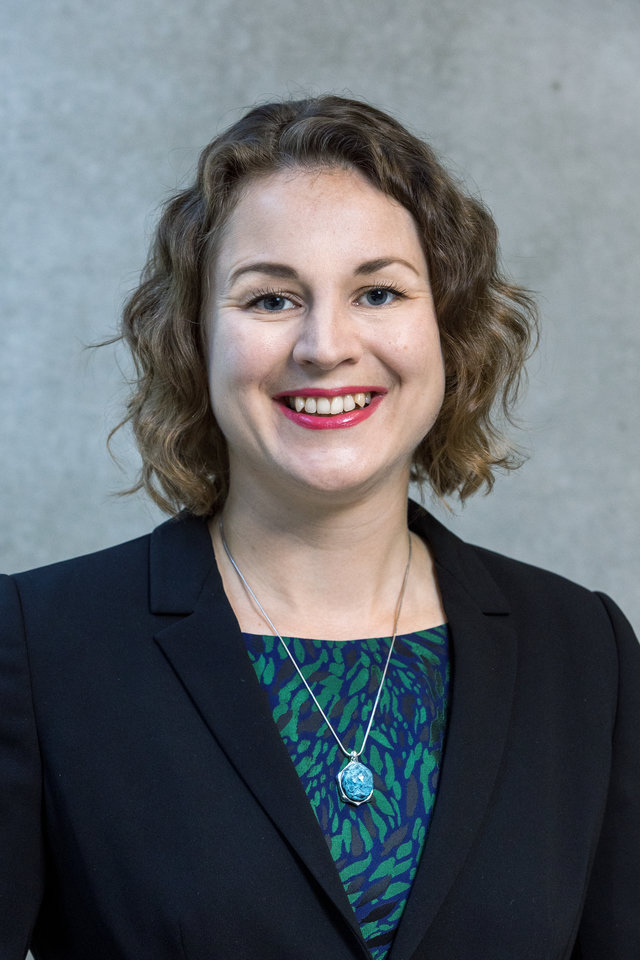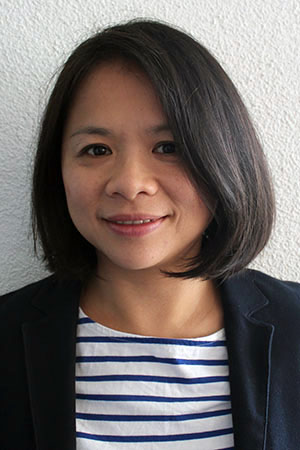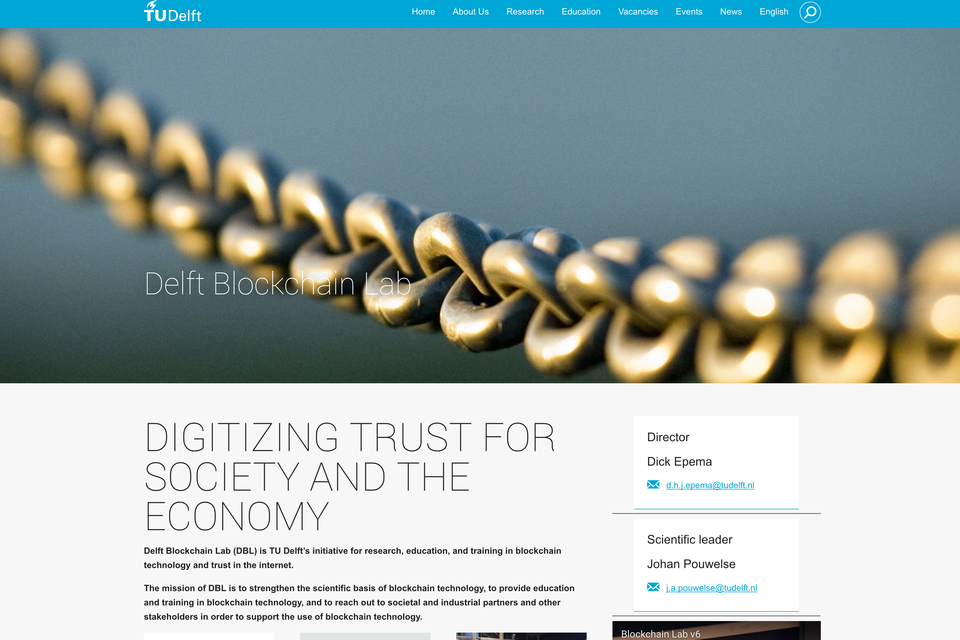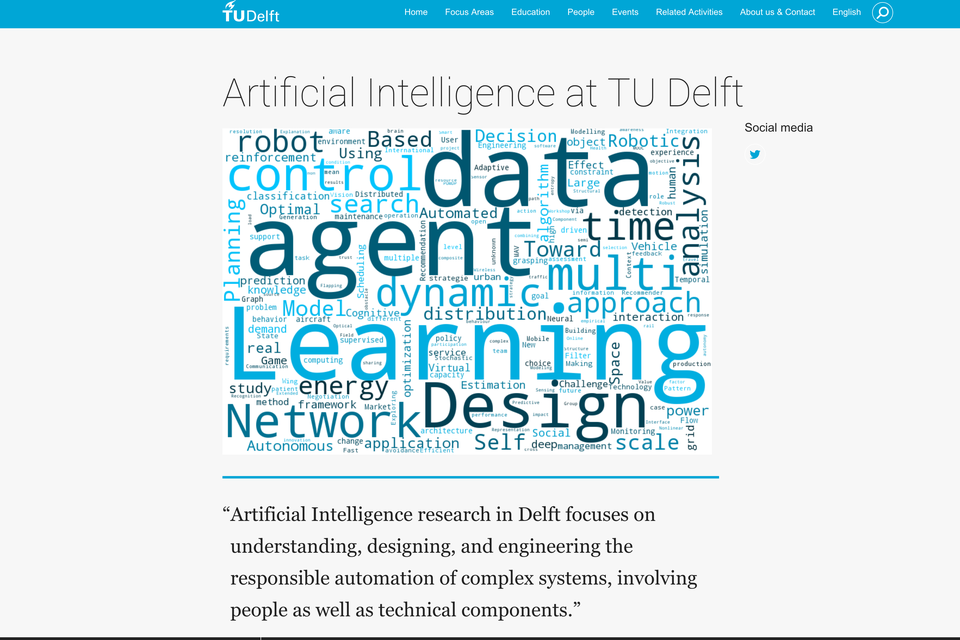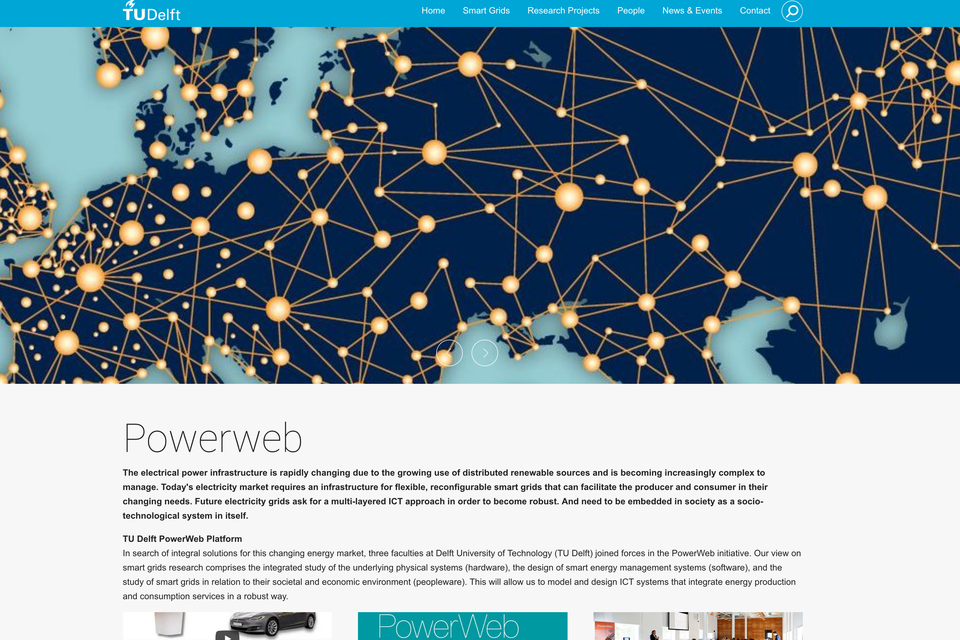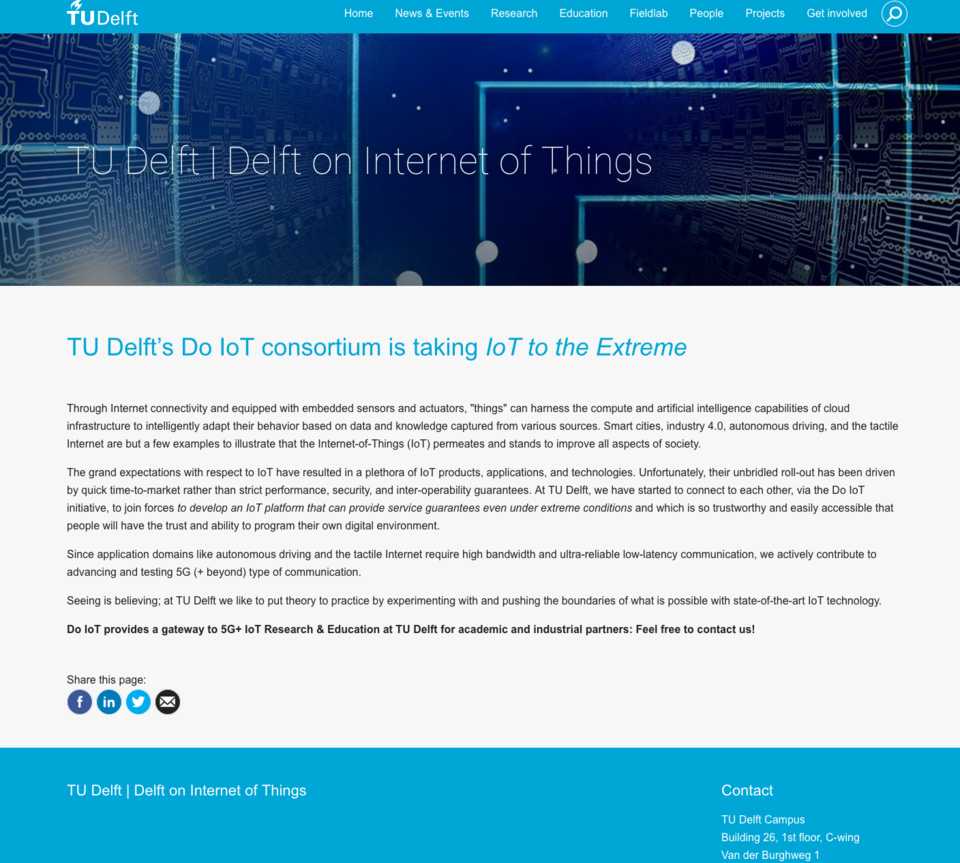About the Department
The department of Software Technology of the Faculty of Electrical Engineering Mathematics, and Computer Science of Delft University of Technology brings together 250 researchers, educators and support staff in the area of the design, engineering, and analysis of complex, distributed, and data-intensive software and computer systems.
News
Joint Research Initiatives
Events
Research groups
Research Engineering & Infrastructure Team
Contact information
Visiting Address
Building 28
Van Mourik Broekmanweg 6
2628 XE Delft
The Netherlands
Mailing Address
EEMCS, Software Technology
P.O. Box 5031, 2600 GA Delft
The Netherlands


